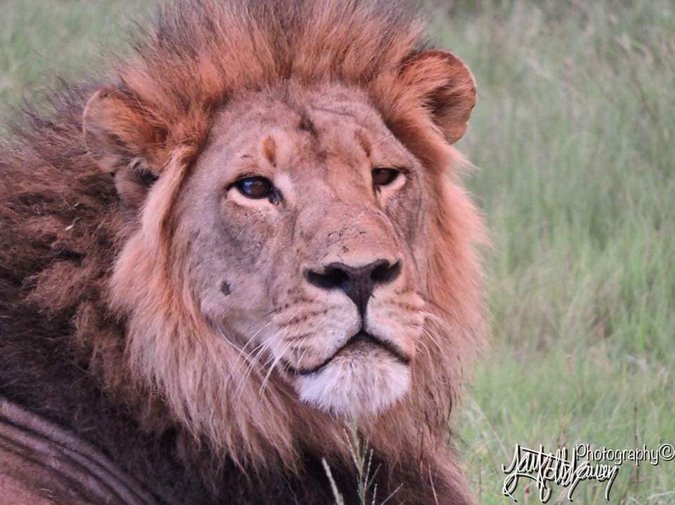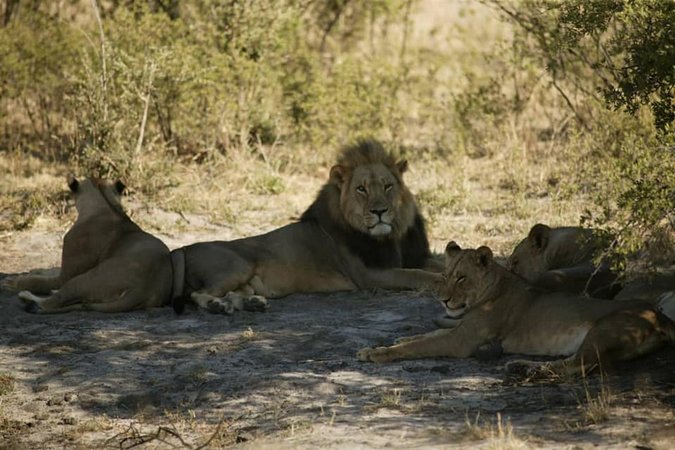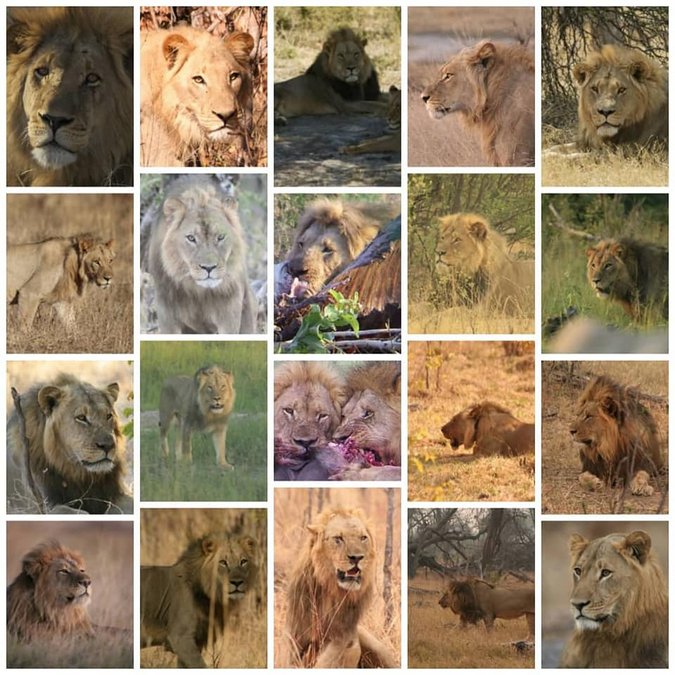
NEWS DESK POST by teamAG
A well-known male lion called Seduli, who was popular with photographers, has been shot by trophy hunters on the outskirts of Hwange National Park in Zimbabwe this past weekend on World Lion Day (10th August). The news was broken by Captured in Africa Foundation on the organisation’s Facebook page.
According to the post, Seduli was a lion who frequented photographic lodges in and around the national park and was popular amongst visitors. Seduli was part of a coalition with another male lion called Mopane.
“Despite our previous attempts to prevent these two males from being hunted, Seduli has unnecessarily lost his life at the hands of hunters and Mopani now roams the wilds without his companion,” the post read.

A photograph of Seduli was included in the announcement, along with a collage of other lions that have been killed by trophy hunters in the region over the course of the last 10 years.
“Does this number of male lions shot over 10 years in one region appear sustainable to you given that lion populations have declined across Africa by 43% in the last 25 years?” asks the post.

According to the post, healthy lions – who traverse the park and viable protected photographic areas – are being taken out of the gene pool by trophy hunters, as well as lions who are still breeding and are actively part of a healthy pride with possibly vulnerable cubs. It says their loss contradicts the hunters’ philosophies of sustainability and asks when the last independent scientific survey was done on the sustainability of lion numbers in the region and the impact these losses have on pride dynamics.

The organisation asks for readers to share the post “far and wide to raise awareness of the continued unsustainable hunting taking place on the outskirts of Hwange, and to raise a call for the photographic operators and stakeholders in dialogue with Zimbabwe National Parks and Wildlife Management Authority to address the issue of continued losses of lions known to and photographed by visitors who pay to visit Zimbabwe annually”.
To comment on this story: Login (or sign up) to our app here - it's a troll-free safe place 🙂.![]()






